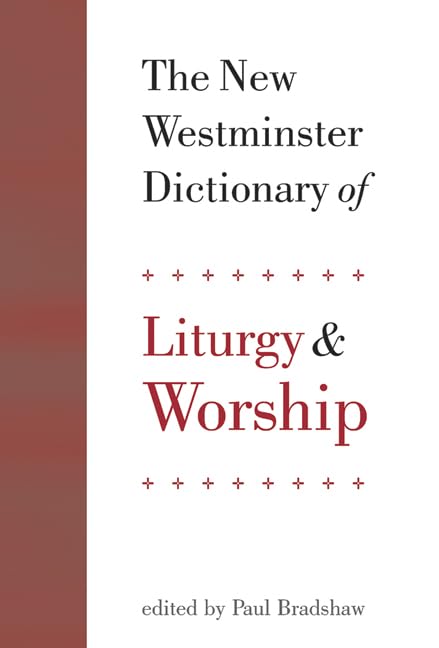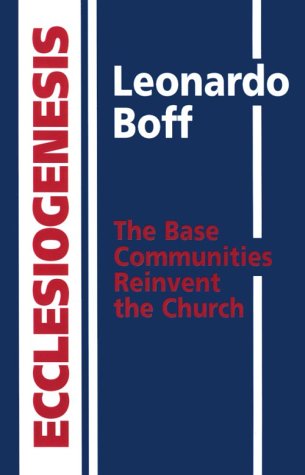Baker Encyclopedia of Psychology
Written by David G. Benner (ed.) Reviewed By James J. StamoolisThis mammoth volume comprehensively covers the field of psychology from a Christian point of view. Written primarily with the needs of the North American researcher in mind, almost all the examples are drawn from the United States, as are the references to the laws regarding what is defined as criminal activity. This of course detracts from its cross-cultural usefulness. Indeed, all but seven of the 163 contributors are from the United States; of those seven, five are from Canada. Only two contributors therefore are not North Americans.
However, the majority of the articles are encyclopedia-type summaries of the major areas and are therefore useful surveys. This includes the articles on major figures in the field of psychology. As would be expected, European thinkers are well represented. The article on Paul Tournier is very good.
Theologians might be especially interested in the articles on conversion, confession, cults, demon possession, demonic influence and psychopathology, faith healing, inner healing, mass evangelism, psychology as religion, work, and worship, to name but a few. This reviewer found the treatment of the demonic exceptionally well handled. The above examples should serve to demonstrate the Encyclopedia’srelevance to those who are not specialists in counselling but want a wider perspective.
The articles on counselling and counselling-related subjects are very useful to pastors engaged in a counselling ministry. The articles on cross-cultural psychology and cross-culture therapy show great sensitivity to the need to adapt counselling techniques to different cultures or subcultures. The impersonal nature of American society is noted and the need in nearly every other society to build an interpersonal relationship before proceeding on with counselling.
The articles are well researched and provide many valuable insights. For example, the profile of the average recruit for a cult is a person with a passive father and domineering mother. Helpful bibliographies accompany most entries.
Working through the Encyclopedia, this reviewer found a number of articles which would be very valuable not only to the pastor engaged heavily in counselling, but to the student of theology who would broaden his perspective on the integration between Christianity and psychology. This reviewer could not help wondering if a smaller edition which would omit many of the technical articles but retain the core might not meet a real need and find even wider circulation. Perhaps in time we will see the Concise Baker Encyclopedia of Psychology.
James J. Stamoolis







